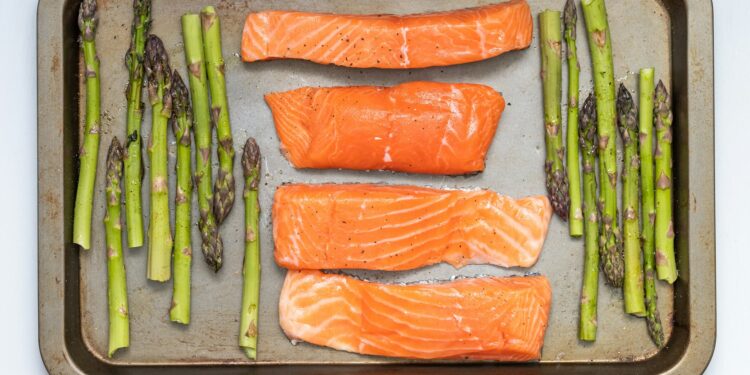The diet may supercharge cancer treatment.
A recent study suggests that a component of the keto diet may enhance the effectiveness of cancer treatments using immunotherapy. Beta-hydroxybutyrate (BHB), a compound produced when the body burns fat instead of sugar for energy, was found to improve the response to CAR T-cell therapy in both mice and humans. Researchers shared their findings at the American Society of Hematology’s annual meeting, showing that patients with higher BHB levels experienced better responses to the therapy.
CAR T-cell therapy is a cutting-edge treatment where a patient’s immune cells are collected, genetically modified in a lab, and reintroduced to target and destroy cancer cells. While it has been successful for many with blood cancers, it doesn’t work for everyone. Researchers, including co-lead investigator Puneeth Guruprasad from the University of Pennsylvania, explored the potential of increasing BHB levels to enhance the therapy’s effectiveness. Their theory is that CAR T-cells may prefer BHB as an energy source over glucose, allowing them to perform better in attacking cancer cells.
The study began by testing a keto diet on lab mice, which led to improved results in CAR T-cell therapy for lymphoma. Researchers found that higher levels of BHB, induced by the keto diet, helped boost the therapy’s efficacy. When mice were given BHB supplements alongside a regular diet, they showed even better results, with most experiencing complete cancer elimination.
Human blood samples from patients who had recently undergone CAR T-cell therapy also indicated that higher BHB levels were linked to more active immune cells. This has prompted researchers to initiate a clinical trial to explore whether BHB supplements can enhance CAR T-cell therapy in patients with large B-cell lymphoma that hasn’t responded to other treatments. If successful, this relatively simple, low-cost intervention could be used alongside traditional treatments to improve cancer outcomes.
While the findings are promising, researchers caution that the study is still in its early stages, and they are not yet making any specific dietary or supplement recommendations for patients. The results will need to be confirmed in clinical trials before any formal guidelines are established.

































Discussion about this post